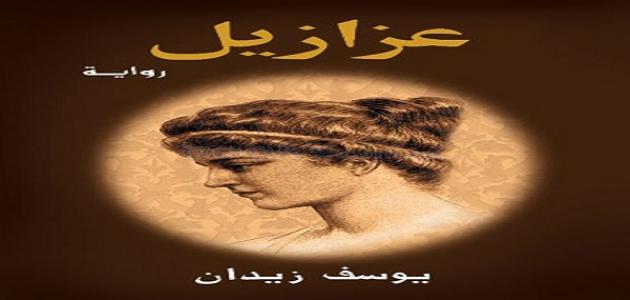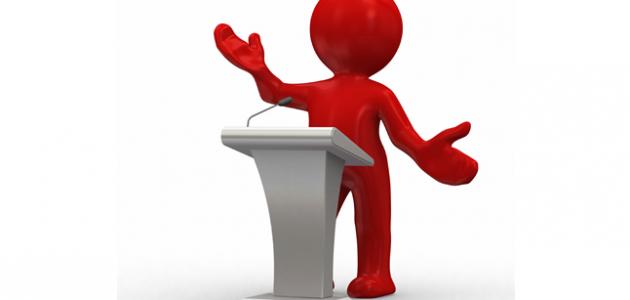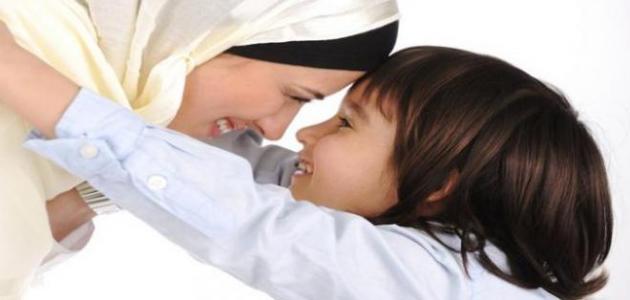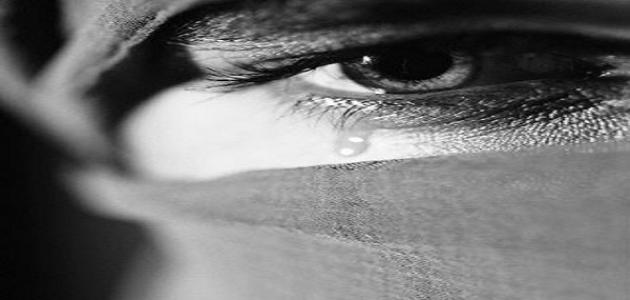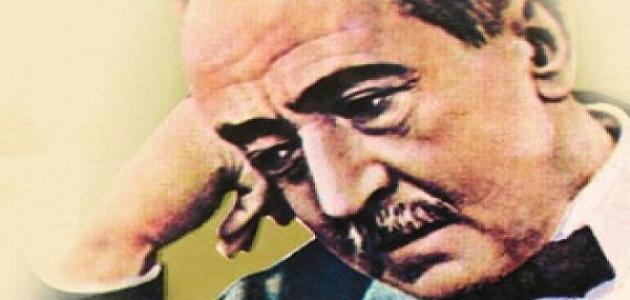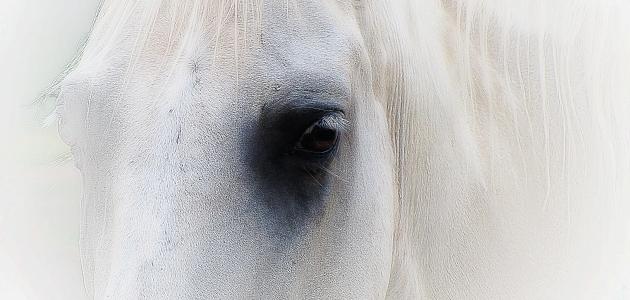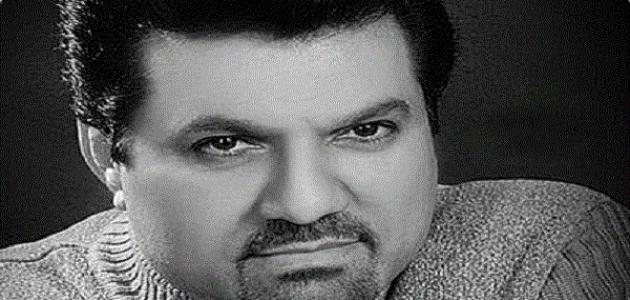Definition of literature and psychology
literature
Literature is the use of language as a means to interpret human thinking, existence, and culture. Literature enters various fields such as history, philosophy, sociology, psychology, and others. Examples of literary works are poetry, novels, and literary plays.
psychology
Psychology is the science in which human beings and existence, different personalities, and individual differences are considered, which have been researched and studied by writers, philosophers, artists, psychologists, and psychiatrists.
The relationship between literature and psychology
Many complex concepts in psychology, types of characters, and ambiguous motives overlapped with the characteristics of many characters in literary works. They are aware of their personalities, and make them able to distinguish between different personalities, and motivate them to question the meaning of life and existence, and these matters were discussed and discussed in the field of psychology as well, and this overlap between psychology and literature shows that both deal with humans and their reactions, desires, and misery to which they are exposed, and individual and social concerns.
Both psychology and literature focus on human behavior, as there are several points in which the interests of psychologists and literary works converge, through the employment of psychology theories, understanding human behavior in ancient historical times in literary works, and in psychological analyzes of literature.
Read also:The most beautiful romantic novelsHistory of Literature and Psychology
Aristotle coined the term literature and psychology, in his book "psychological or mental purification of the feelings", and since that time the overlap between literature and psychology has appeared in the works of many writers, philosophers, critics and literary movements, and it is true that the works Tragedy is what brought together psychology and literary production in the beginning, but among the things that brought together psychology and literature together was the novel, poetry, and the short story that discussed other matters.
The impact of psychology on creativity in writing
Psychology has remarkable effects on the skill of writing, because the psychological state leads to severe changes in mood, becoming the main source behind creativity, and among those writers and critics who created because of their psychological state; John Raskin, Virginia Woolf, Edgar Allan Poe, Alan Garner, and Hans Christian Andersen, and in addition to that, the feminist movement (in English: feminism) also encouraged creativity in some literary works that are concerned with the development and empowerment of women in society, and among these women, Emily Dickinson, and Elizabeth Barrett Browning, Virginia Woolf, George Eliot, and the Bronte Sisters.
Read also:How to write a balanced poem

